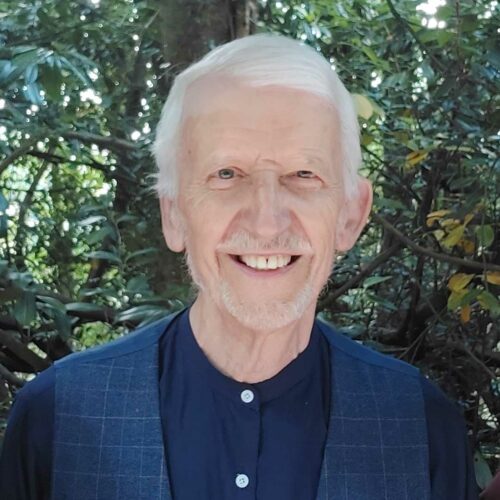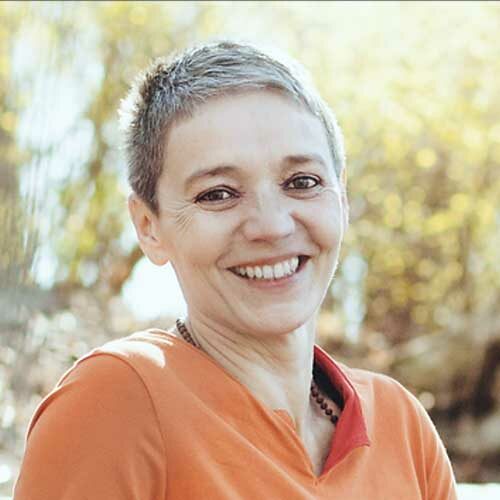We could say that the Buddha was teaching us to breath again. It’s said that the prince Siddhartha was sitting under a Bodhi tree, practicing the anapanasati (the mindfulness of breathing) when he gained enlightenment and became awake, a Buddha. He was aware of the whole experience of breathing. Through breathing he trained the mind to be sensitive to the body, rapture, pleasure, the mind, mental processes, impermanence, dispassion, cessation, relinquishment. And while breathing he learned to release the mind from suffering. In this session we explore turning towards experience with breathing.
With Vimalasara Mason-John recorded on June 4, 2017.
Found our teachings useful? Help us continue our work and support your teachers with a donation. Here’s how.
Discover more from the Dharma Library
-

Sajja: A Practice for Everyone
Recorded :
April 28, 2019 Vince writes: “In 2003 I took a one-month temporary ordination at Wat Thamkrabok, a unique monastery in central Thailand. My intention was to explore Buddhism and meditation, but what I got was not what I expected. I was given a ‘Sajja’ or a ‘truth’ to practice for 4-hours per day for the next 2-years. My…
-

Embracing the First Noble Truth: Dukkha and Destructive Emotions
Recorded :
January 24, 2021 Coming to terms with the teaching and implications of the first noble truth can be challenging, confusing and ongoing. When we are unable to do the hard work of completing the task of the first truth, to embrace Dukkha, we become vulnerable to destructive emotions.
-

Relationship to time.
Recorded :
October 25, 2015 Worldwide Insight talk from Christopher Titmuss: “Relationship to Time”. Guided meditation, Dharma talk and Q&A.
-

Daily Meditation Recordings, with Wiebke Pausch – Week of November 20, 2023
This week’s topic is “May I be kind to myself”. May I be kind to myself – coming home to kindness and giving ourselves the love and care we need and deserve. What helps us to nurture this love – especially in the most challenging moments? We will explore how we can move towards more tenderness and open heartedness for ourselves and others.
-

Staying Open Through Change, Loss and Disruption
Recorded :
October 31, 2021 When we are faced with suffering and uncertainty or life becomes overwhelming we can tense up, resist or try to control. But when we open and let go in the midst of change and release expectations we get in touch with enormous possibility and a powerful freedom.
-

Daily Meditation Recordings, with Martin Aylward – Week of Jan 24, 2022
Daily meditations with Martin Aylward.
-

Our Struggles Are the Path
Recorded :
December 15, 2024 This session will explore how our struggles can become stepping stones on our path to growth. By learning to meet difficulties with openness and compassion, we can transform obstacles into opportunities. The session will draw upon Buddhist teachings and include guided meditation, a dharma talk, and some time for Q&A. Participants are encouraged to bring…
-

Daily Meditation Recordings, with Martin Aylward – Week of 03 November, 2025
We’re honored to have Martin Aylward offering our Daily Meditation sessions this week. We hope they are nourishing for your practice. This week’s theme is: Basic Sanity: Steadiness, Openness and Love







Discussion